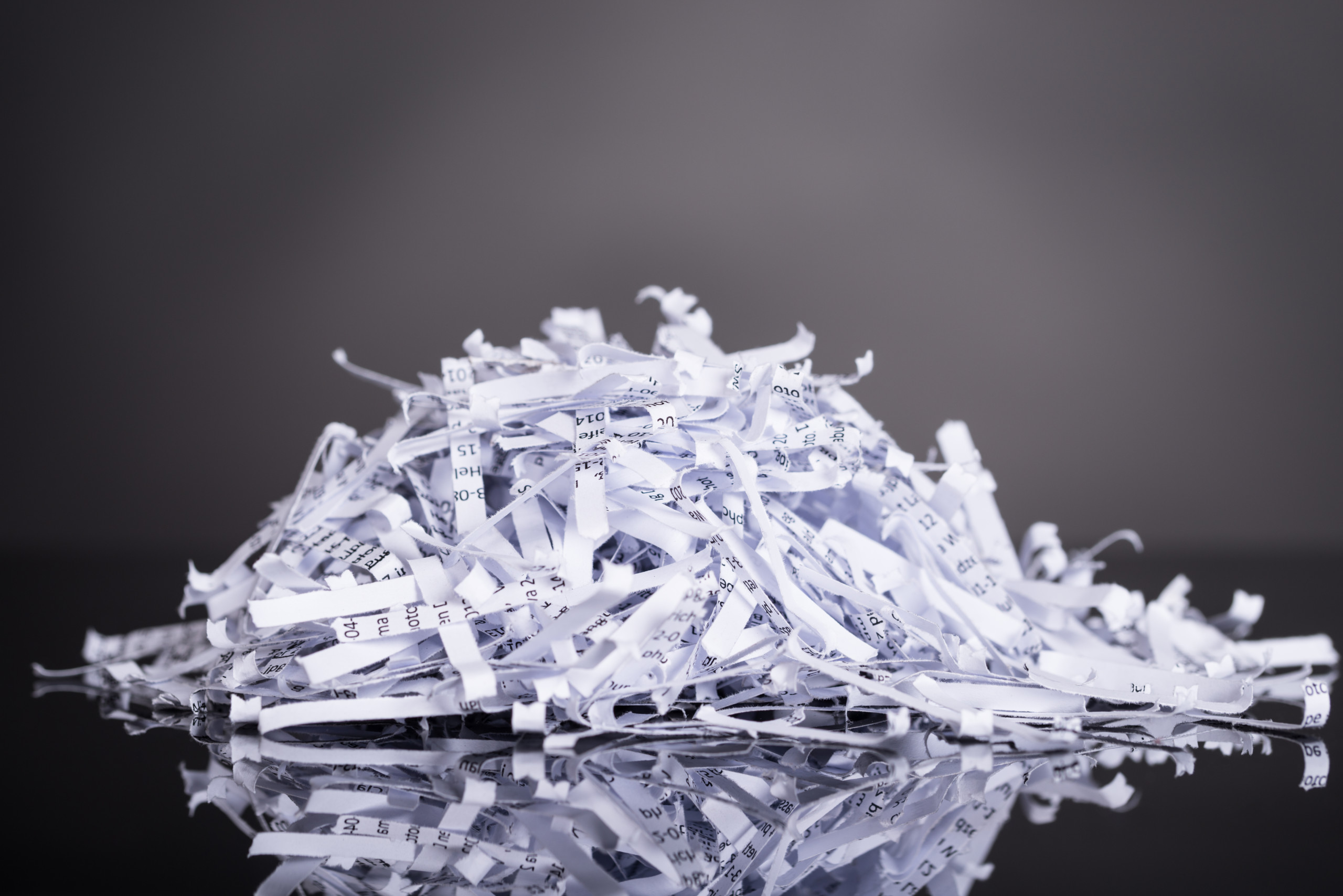
As much as we try to keep our important papers protected and organized – accidents happen. You may lose your Last Will and Testament in a fire or a flood. The paperwork might fly out of an open car window or unlocked trunk. Someone may accidentally shred your documents, spill coffee across them, or use the paper for a new coloring book (at our law firm, we’ve seen it all!). But don’t panic about the damaged paperwork. When it comes to probating a damaged will, there are some options.
What is a Last Will and Testament?
A Last Will and Testament, also known as a will, is a legal document that memorializes someone’s final wishes. The document describes a person’s estate and provides guidance on who should receive those assets, and how. With a will, a person can also designate a guardian for any young children. An estate executor, also designated in the will, is responsible for filing the Last Will and Testament and beginning the probate process.
Do You Have to File a Will in Georgia?
Under Georgia law, a person who possesses someone’s will must file that document in the probate court with reasonable promptness. That means as soon as possible after the death of the testator, the person who originally created the will. If an estate executor or family member has someone’s will but doesn’t submit it for probate, they could face civil and criminal charges, including fines and imprisonment.
What if the Will is Destroyed?
If an executor or family member is ready to probate the will, but cannot find the document, then Georgia courts may presume that the testator intentionally destroyed or revoked it. The executor or family can look for an earlier draft of the will – if they cannot find any estate documents, the court may treat the individual as intestate (passed away without having a will in place). In this case, the distribution of the estate will be governed by Georgia law.
However, if someone’s Last Will and Testament was destroyed in a flood, fire, or some other accident, many states will allow the executor or family member to submit a photocopy of the will for probate. But to submit a copy, the court will require some additional evidence.
How Do You Probate a Copy of the Will?
When a person drafts their will, there are a number of places where they can file it for safekeeping. If you are an estate executor or family member looking for a photocopy of the will, be sure to look in the following places:
- In the testator’s home, in a safe or waterproof/fireproof container
- The testator’s office
- The estate executor’s home or office
- With the estate planning attorney who helped draft the document
- At the county clerk’s office
- In a bank safe deposit box (Note: while banks can keep your documents safe from natural disasters, it’s not always a good idea to store your paperwork there. Financial institutions can be very strict about access to safe deposit boxes. Without the proper paperwork and permissions in place, an executor or family member might not be able to obtain the will without a court order).
Once you have a copy of the will on hand, you can submit it to the appropriate probate court. You’ll need to submit an explanation as to why you are filing a photocopy of the document instead of the original version. The court will also want to see evidence that the original will was accidentally destroyed, plus proof that the beneficiaries consent to probating a photocopy of the will. You may also want to submit affidavits from the witnesses who signed the original will. If the probate court accepts the copy of the will, the extra evidence, and the proof of the beneficiaries’ approval, they will likely allow the probate process to proceed.
Have Additional Questions? Contact Brian M. Douglas & Associates’ Estate Planning Team
If your loved one’s Last Will and Testament is accidentally destroyed, you may be able to submit a photocopy of the will instead. This is allowed under Georgia law; the courts just want to make sure that the paperwork was accidentally destroyed and not intentionally ruined or revoked. If you have more questions about lost or damaged wills, or if you would like to schedule an estate planning consultation, please reach out to us at (770) 933-9009 or via our website.

